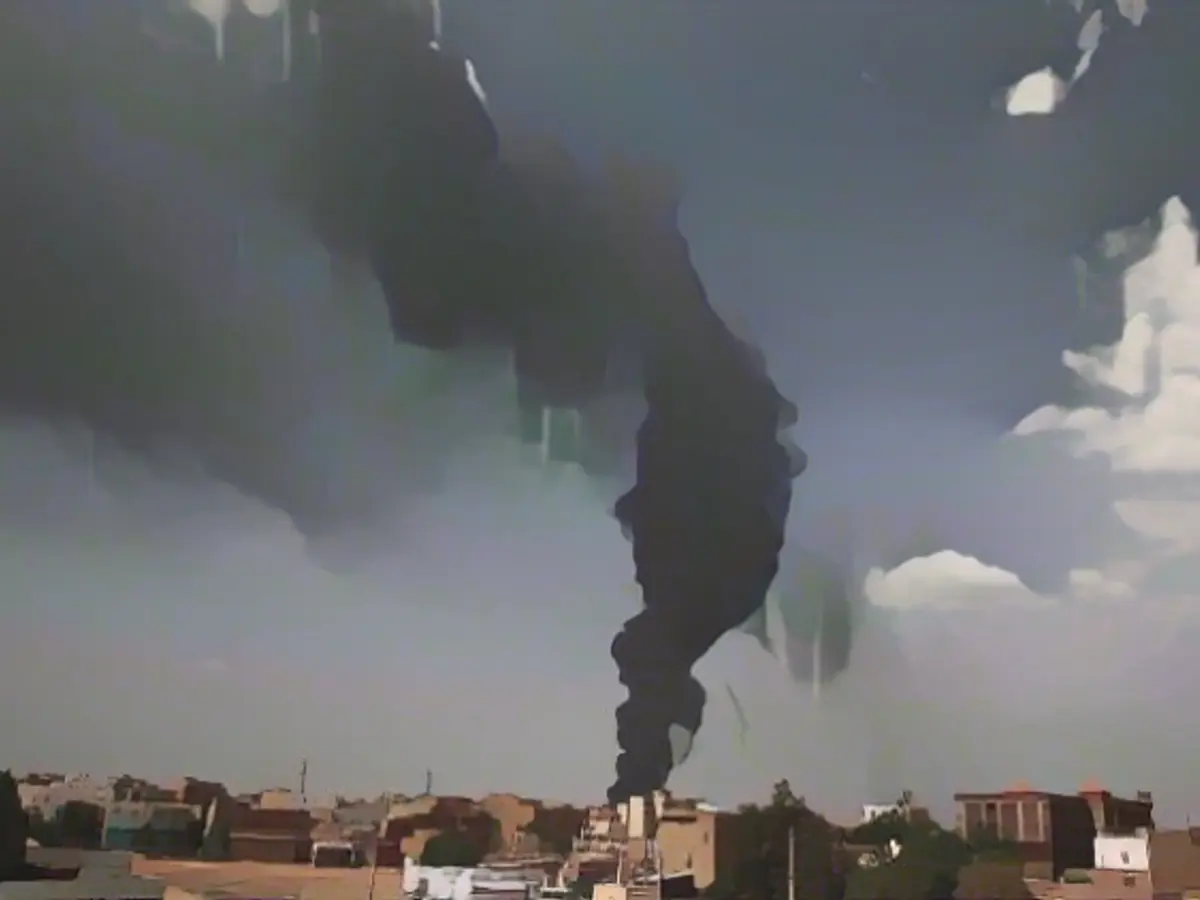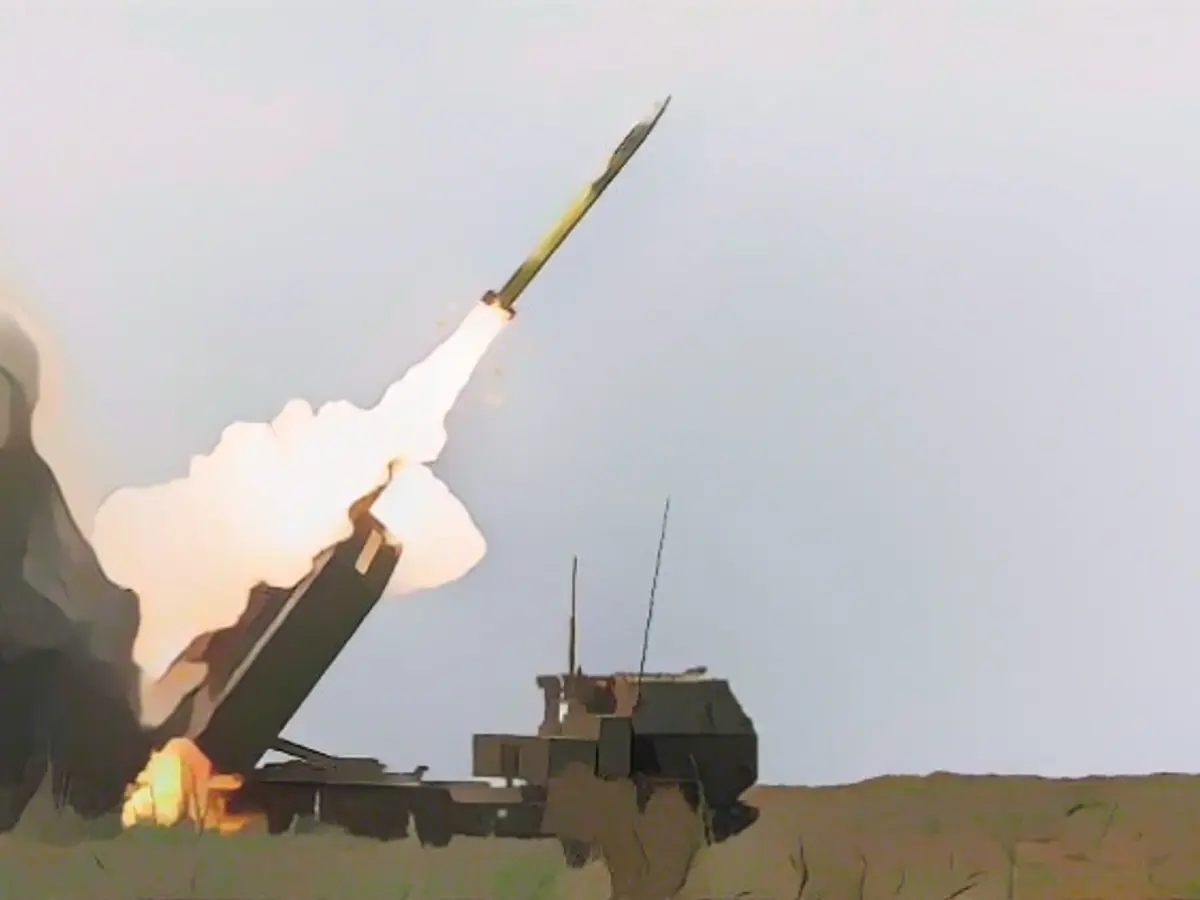Armed Conflict in Sudan Escalates, Threatens Stability
The turmoil in Sudan, resulting in untold casualties and displacement, has now spread to other regions of the country, as per the United Nations. The UN Assistant Secretary-General for Africa, Ghanaian diplomat Martha Ama Akyaa Pobee, voiced her concerns at the Security Council, citing new areas affected by the fighting.
Pobee paints a grim picture of a dire humanitarian situation and a serious human rights crisis. She accuses both warring parties of conducting indiscriminate attacks and targeted assaults on civilians, violating international humanitarian law.
Since mid-April, the military and the paramilitary have been locked in a power struggle, leading to over 9,000 deaths and seven million displaced individuals. Towards the end of October, peace talks were revived in Jeddah, Saudi Arabia. However, the fighting has intensified, according to the UN representative.
The escalation of the armed conflict in these previously unaffected regions in Sudan has precipitated a human rights crisis. Marked by indiscriminate and targeted attacks on civilians, this predicament is an egregious violation of international humanitarian law. The UN continues to express its deep concern over the escalating conflict, despite ongoing negotiations.
Key Factors Contributing to the Conflict
- Instability in Defense Governance and Corruption: The military coup in October 2021 has led to failing security sector reforms and government instability. Corruption, nursing tensions between the Sudanese Armed Forces (SAF) and the Rapid Support Forces (RSF), has exacerbated the situation, as both continue to vie for power.
- Ethnic Tensions: Ethnic strife and Arab racist attitudes towards African tribes are directly contributing to the conflict. The RSF, primarily composed of Darfurian Arab tribes, and the SAF, dominated by Nile Valley Arabs, are engaged in violent ethnic-based clashes.
- Power Plays: The conflict is essentially a power struggle between the SAF generals and the RSF commander Mohamed Dagalo. With positions to seize and control, both sides are unwilling to relinquish their grip on power.
Challenges Faced by Civilians and Humanitarian Aid
The escalating conflict has resulted in:
- Violence and Destruction: The conflict has led to widespread violence, destruction of infrastructure, and harassment of civilians, forcing them to flee.
- Human Rights Violations: Human rights abuses, including rape, killings, and the destruction of civilian facilities, have been documented. Displaced individuals have suffered due to limitations in food, water, and medical amenities.
- Restrictions on Humanitarian Aid: Parties to the conflict have impeded humanitarian aid, obstructing efforts to reach out to displaced individuals. This obstruction has critically affected the delivery of essential aid to those in dire need.
The Way Forward
The international community must take decisive action to end the bloodshed and provide aid to victims, while:
- External Measures: Imposing sanctions on entities and individuals contributing to the conflict and pressing for civilian protection plans can bring about concrete improvements.
- International Investigations: The International Criminal Court (ICC) already conducts investigations in Darfur, and independent fact-finding missions can play a crucial role in creating accountability.
- Diplomatic Engagement: Advancing peaceful negotiations, addressing ethnic strife, curbing corruption, and promoting transparency in defense governance will help stabilize the country and foster peace.
This ongoing conflict requires global attention and action to combat humanitarian crises, reduce widespread suffering, and protect civilians affected by the escalating violence in Sudan.





